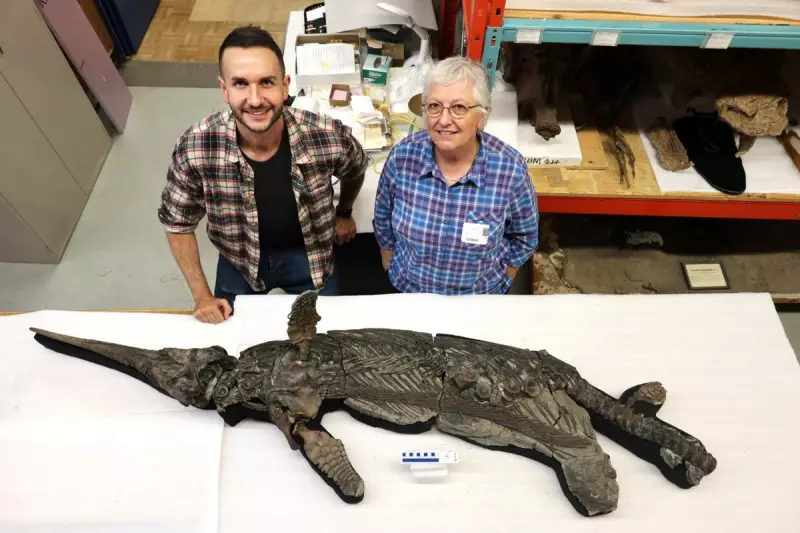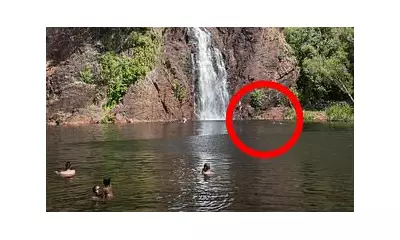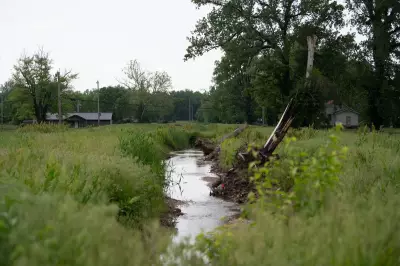
In an extraordinary discovery that has sent ripples through the scientific community, the complete skeleton of a colossal prehistoric sea reptile has been unearthed along Dorset's famous Jurassic Coast. The ichthyosaur, estimated to be approximately 180 million years old, represents one of the most complete and significant finds of its kind in British history.
The Chance Discovery That Made History
The remarkable fossil was discovered by dedicated fossil hunters who initially spotted a single bone protruding from the clay. What began as a promising fragment soon revealed itself to be an nearly intact skeleton measuring several metres in length, preserved with astonishing clarity in the ancient sediments.
A Glimpse into Prehistoric Oceans
Ichthyosaurs, often called 'sea dragons', were marine reptiles that dominated the oceans during the Mesozoic Era, contemporary with dinosaurs on land. This particular specimen offers an unprecedented window into the creatures that swam in Britain's prehistoric seas, with its detailed bone structure and even some stomach contents preserved for scientific analysis.
The Delicate Extraction Process
Extracting the fragile skeleton required immense skill and patience from a team of paleontologists and volunteers. Working against time and tide, they carefully excavated the surrounding rock matrix to reveal the full extent of the discovery. The entire skeleton was meticulously documented and stabilised before being transported to a research facility for further study.
Why This Discovery Matters
This ichthyosaur represents more than just another fossil find—it provides crucial insights into marine ecosystems from the Jurassic period. Scientists believe the specimen could reveal new information about ichthyosaur anatomy, behaviour, and evolution, potentially rewriting our understanding of these magnificent marine predators.
The discovery underscores the ongoing importance of Britain's coastline as a treasure trove of paleontological wonders, with the Jurassic Coast continuing to yield world-class fossils that capture the imagination of scientists and public alike.





